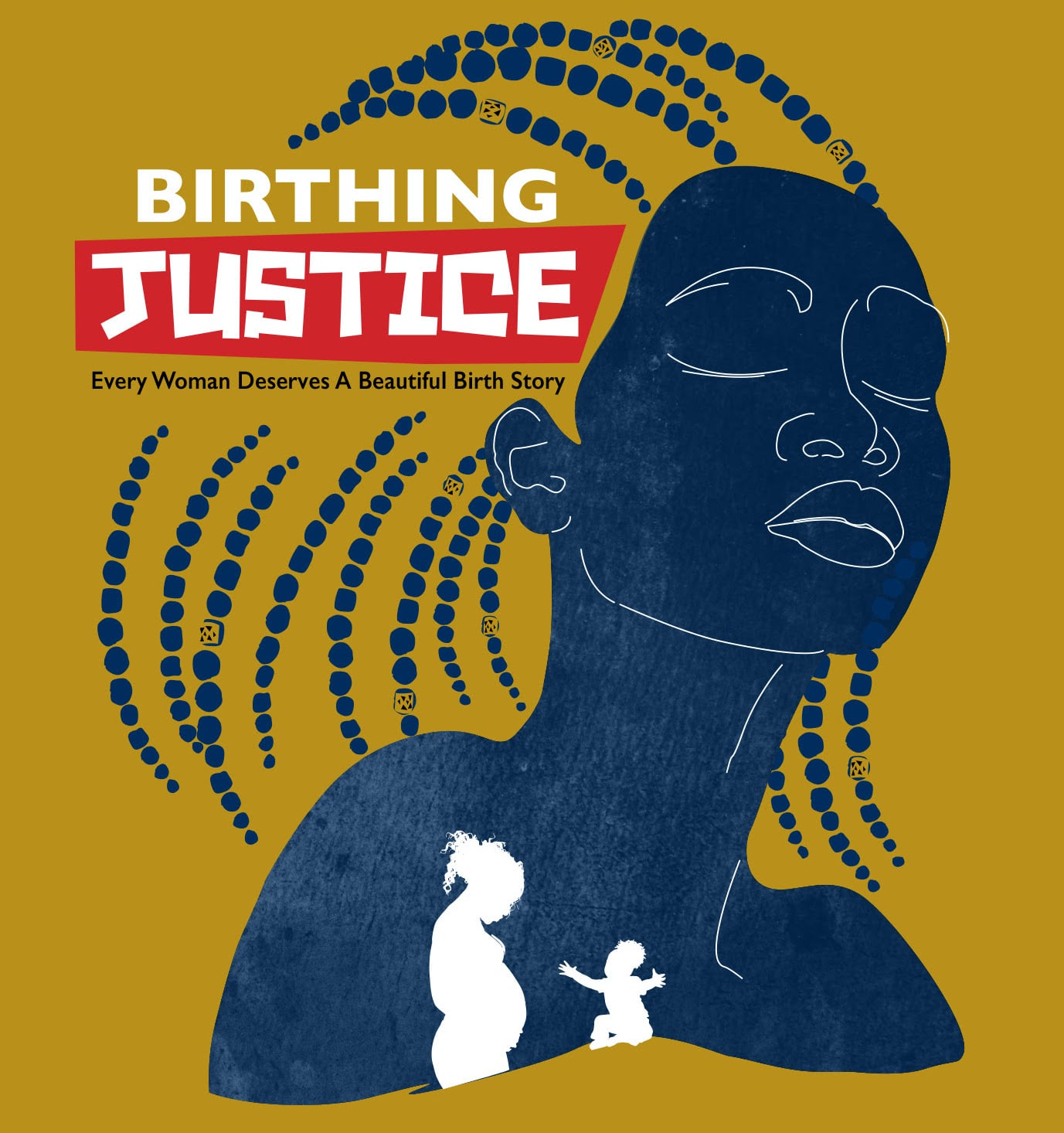A new documentary from PBS is highlighting a topic that Texans have become acutely aware of: the black maternal healthcare crisis. Birthing Justice chronicles the experiences and tribulations of those on the frontlines confronting and trying to change this injustice.
In the United States black women are significantly more likely to die during childbirth than their counterparts. A report about Texas released last year showed that the mortality ratio for Black women in the state was “over twice that for non-Hispanic white women and over four times higher than Hispanic women.”
Birthing Justice is premiering on PBS Monday, April 10 just before the start of Black Maternal Health Week. The Signal spoke with director Monique M. Matthews about the documentary and her hopes for how it can create real change when it comes to the experience of Black mothers.
Matthews has a personal connection to this issue. She had a cousin who passed away after giving birth and assumed it was a one-time thing, until she began to work on this documentary. “Really working on this [film], showed me it was hiding in plain sight,” she said.
The documentary is produced by Denise Pines, Jacoba Atlas and Allyson Felix, a seven-time Olympic gold medalist and one of the most decorated runners of all time. When Felix was 32 weeks pregnant she was diagnosed with preeclampsia. Felix’s hospitalization and experience highlight the scope of this problem, which impacts Black women across all income levels.
“This affects all Black women because racism is a common threat,” said Matthews. “When you account for everything else, racism affects us at a very cellular level, it’s institutionally based.” Matthews also pointed out several misconceptions that exist throughout the medical world about pain tolerance for Black women as a manifestation of this institutional racism.
Working on this documentary, also opened Matthews to hearing about the experiences of colleagues and friends who had challenging or painful pregnancies and births. However, Matthews hopes Birthing Justice provides faith that there are community leaders and centers throughout the country that are trying to make the experience of giving birth as joyful as it should be.
Matthews noted that they were intentional about showcasing providers and healthcare workers whose work can be replicated across the country. “I wanted us to show that we can confront this issue without scaring Black people to death, we want people to want to have babies, we want a beautiful birth experience,” said Matthews.
As the documentary is set to premiere on PBS (and will remain on PBS Access for six months), Matthews hopes that it can inform and empower. There is a discussion guide that The Opportunity Agenda created for those that watch Birthing Justice.
Ultimately, Matthews hopes that if people watch the documentary and become angry, they harness that into a righteous anger. “We know the Empire will strike back, but we have to return like Jedis and just keep pushing for women to have full access and full care for everything,” she said.
A longtime writer and journalist, Jessica was thrilled to join the Texas Signal where she could utilize her unique perspective on politics and culture. As the Features and Opinion Editor, she is responsible for coordinating editorials and segments from diverse authors. She is also the host of the podcast the Tex Mix, as well as the co-host for the weekly SignalCast. Jessica attended Harvard College, is a onetime fitness blogger, and has now transitioned to recreational runner (for which her joints are thankful).





